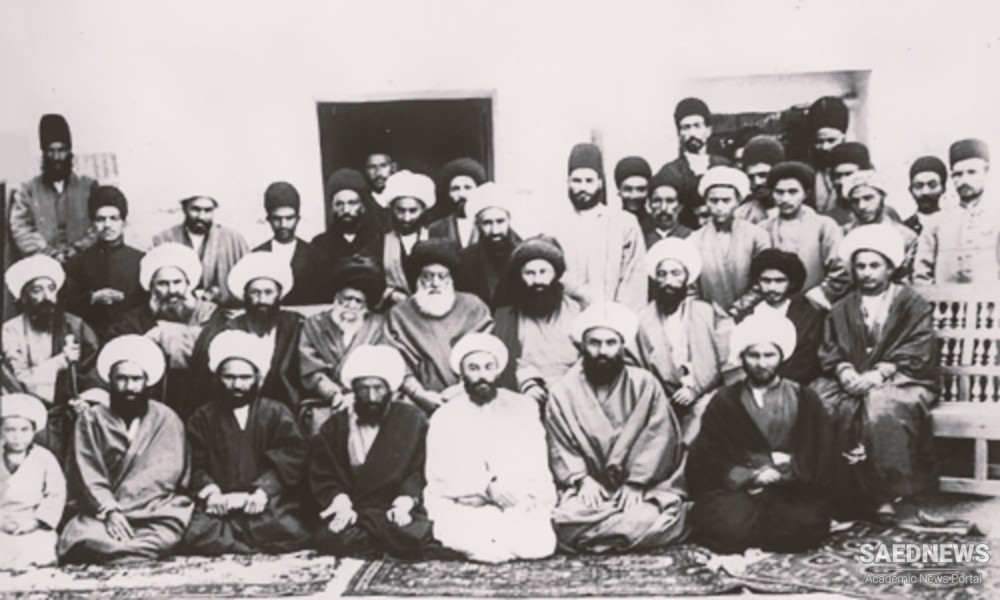It was Tabriz, however, that witnessed the most serious protests against the monopoly by ordinary men and women. To be sure, there are traces of anti-Regie provocation by the Russians in the Tabriz bazaar. Iran’s powerful northern neighbor viewed the Regie as a British operation designed to infiltrate Azarbaijan, a province Russia traditionally considered its own backyard. But the thrust of opposition again came from exporting merchants whose very livelihood had been jeopardized. Facing the angry crowd and Russian objections, the crown prince Mozaffar al-Din Mirza (1853–1907) and his provincial minister alerted Tehran that unless something was done, they could not guarantee the safety of the province or the Regie agents against the gathering revolutionary storm. In response, the Regie company, in consultation with the shah, decided to temporarily cease operations in Azarbaijan. This obvious setback was the first victory for the growing opposition. That a protest movement that had started in the south of the country was fully embraced in the northern commercial center signified a shared economy that surpassed Iran’s typical regional polarity.The final act of the anti-Regie revolt, however, played out in a dramatic boycott that involved more than the merchants and their allies. In November 1892, a fatwa attributed to Mirza Hasan Shirazi was widely distributed throughout Iran; it called for a ban on smoking tobacco so long as its distribution remained in the hands of the infidels. Even though as early as 1891, rumors of the ban on smoking were in circulation in Shiraz, it was the name of the chief mojtahed in the ‘Atabat (the shrine cities of southern Iraq) that gave the legal opinion the necessary weight. “Smoking under such circumstances,” the fatwa declared, “is tantamount to combatingthe Imam of the Age, may God hasten his return.” That the fatwa was rumored to be fabricated by the head of Tehran’s merchant guild, Haji Mohammad Kazem Malek al-Tojjar, and his associates in the name of Shirazi proved of secondary importance. The ranking mojtaheds in Isfahan and Tehran—who were in contact via telegraph with Shirazi in the town of Samarra in southern Iraq—made sure that he would approve the fatwa issued in his name (Source: Iran, a Modern History, Abbas Amanat).


 Shah Falls Prey to a Foreign Concession: Rising for Livelihood
Shah Falls Prey to a Foreign Concession: Rising for Livelihood














































